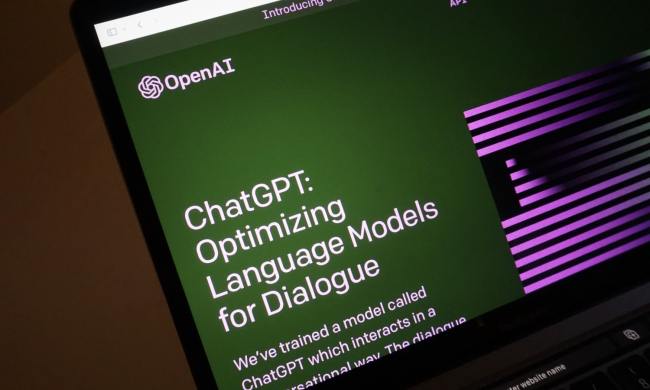It was only a matter of time. “Answer engine” startup Perplexity AI announced on Wednesday that it will begin experimenting with inserting advertisements into its chatbot responses starting next week.
Rather than a standard ad you might be familiar with, however, the platform will instead start showing ads to users in the U.S. in the form of “sponsored follow-up questions and paid media positioned to the side of an answer,” from the company’s advertising partners. Those include Indeed, Whole Foods, Universal McCann, and PMG.

“Ad programs like this help us generate revenue to share with our publisher partners,” the company wrote in a Wednesday blog post. “Experience has taught us that subscriptions alone do not generate enough revenue to create a sustainable revenue-sharing program … advertising is the best way to ensure a steady and scalable revenue stream.”
The startup is quick to point out that all sponsored answers will be clearly labeled as such and that the answers themselves will still be generated by its model, not written or edited by the partner companies themselves.
“We intentionally chose these formats because it integrates advertising in a way that still protects the utility, accuracy and objectivity of answers,” the company wrote. “These ads will not change our commitment to maintaining a trusted service that provides you with direct, unbiased answers to your questions.”
Perplexity’s experimentation comes as the company faces increased competition from OpenAI, which recently released its similar SearchGPT feature, as well as multiple lawsuits over allegations that the company’s data scraping practices amount to copyright infringement on a “massive scale.”
Perplexity has also been served cease-and-desist letters from both The New York Times and Conde Nast over its behavior. Whether advertisers will be willing to overlook those glaring issues remains to be seen. If not, then Perplexity may be limited to its sole existing income source: its $20/month Perplexity Pro subscription.




